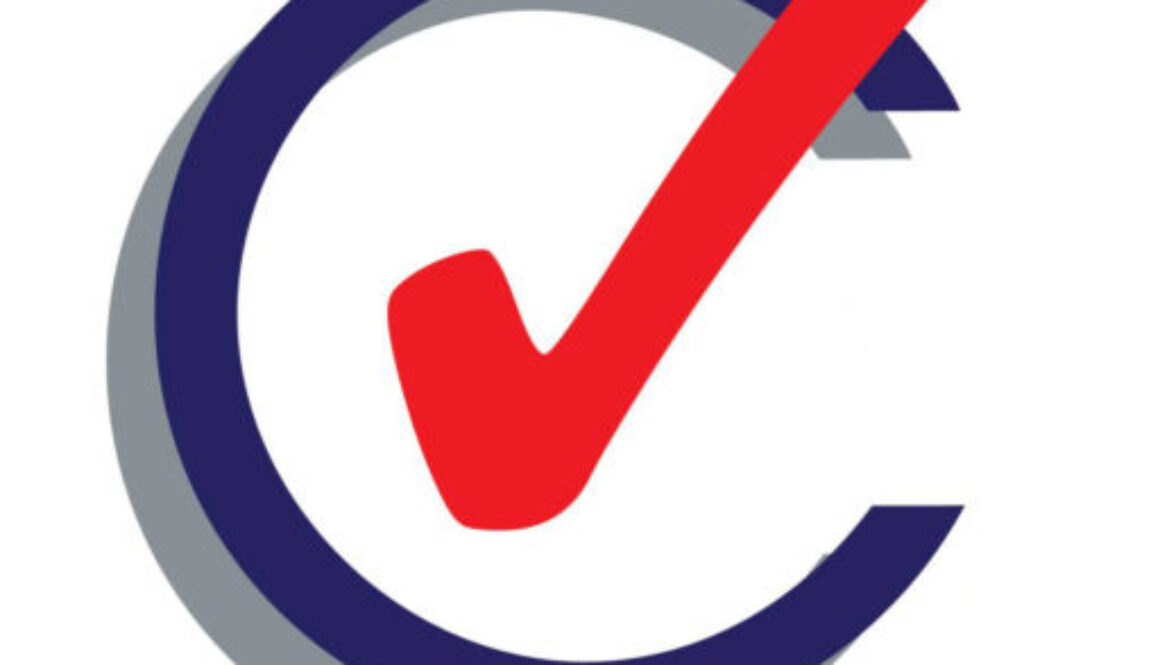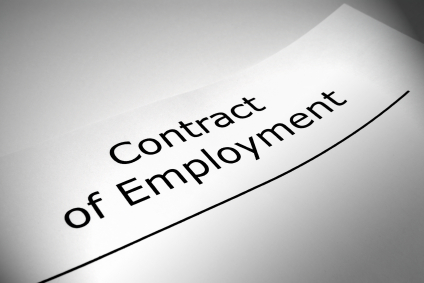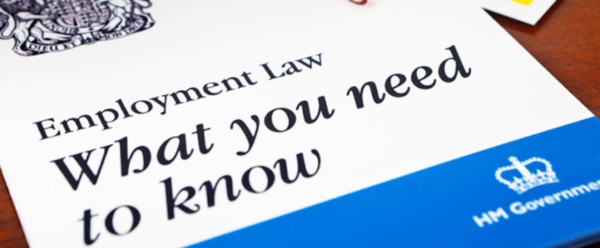Disability Discrimination – Policy vs. Practice | Consensus HR, Herts
Our Latest blog: Disability Discrimination: Policy vs. Practice
Equality should be taken seriously in all workplaces. In the UK, the Equality Act 2010 remains the legislation legally protecting people from any kind of discrimination in the workplace and wider society. Employers must be aware of the financial penalties and damage to corporate reputation that may result from non-compliance. However, some employers are not doing all they can to accommodate disabled job applicants.
Disability in the UK Workforce
Disability is associated with higher levels of inequality across the labour force and social and political environments. In the UK, 24% of the total population is classified as disabled (Family Resources Survey). This involves 13 and every 50 females and 11 in every 50 males.
At 29.8%, the disability employment gap in the UK is now at its widest point since 2018. People diagnosed with mental health or emotional disabilities like mood disorders (41%) and unseen disabilities like diabetes (39%) find it easier to get a job compared to other disabled Britons.
UK companies are still struggling to increase disability representation. There were 5.53 million working-age disabled people in employment from October to December 2023, an increase of 338,000 from October to December 2022. The employment rate of disabled people was 54.2%, up from 52.7% a year previously. While the number of disabled people in employment increased, there was still a high disparity between this level and the percentage of non-disabled people in employment. The employment rate for people who were not disabled was 82.0% (UK Parliament).


Supporting Workers with Disabilities
Nearly four out of five Britons with a disability employed in the education (79%), medical and health services (79%) and media, marketing and PR (77%) sectors say that employers don’t do enough to integrate people with a disability into work life. (Source: YouGov, 2023)
The top six employee benefits disabled employees currently receive are:
- Wellbeing services to manage condition, such as mindfulness apps (37%)
- Private medical care (28%)
- Mental health benefits (appropriate to needs) (27%)
- Flexibility in job design (24%)
- Services that help manage conditions (20%)
- Salary will be paid via income protection if unable to work (15%)
(Source: Reba insights, Disability in the Workplace 2023)
Actions for Employers:
Consensus HR encourages clients to have a policy in place that covers all areas including:
This will ensure that disability discrimination does not occur in their workplace. But – the behaviours and culture of an organisation must demonstrate what the policy states. If the policy is not used correctly, it will end up being just a typed document with no benefit. In fact, it could lead to discrimination taking place and an uncapped award being made against the company in an Employment Tribunal.
It is essential to get both the policy and practice right to optimise the performance of employees and to minimise the risk of discriminatory behaviour – and possible Employment Tribunal action.
How robust is your policy? Talk to Matthew at Consensus HR and find out!












































